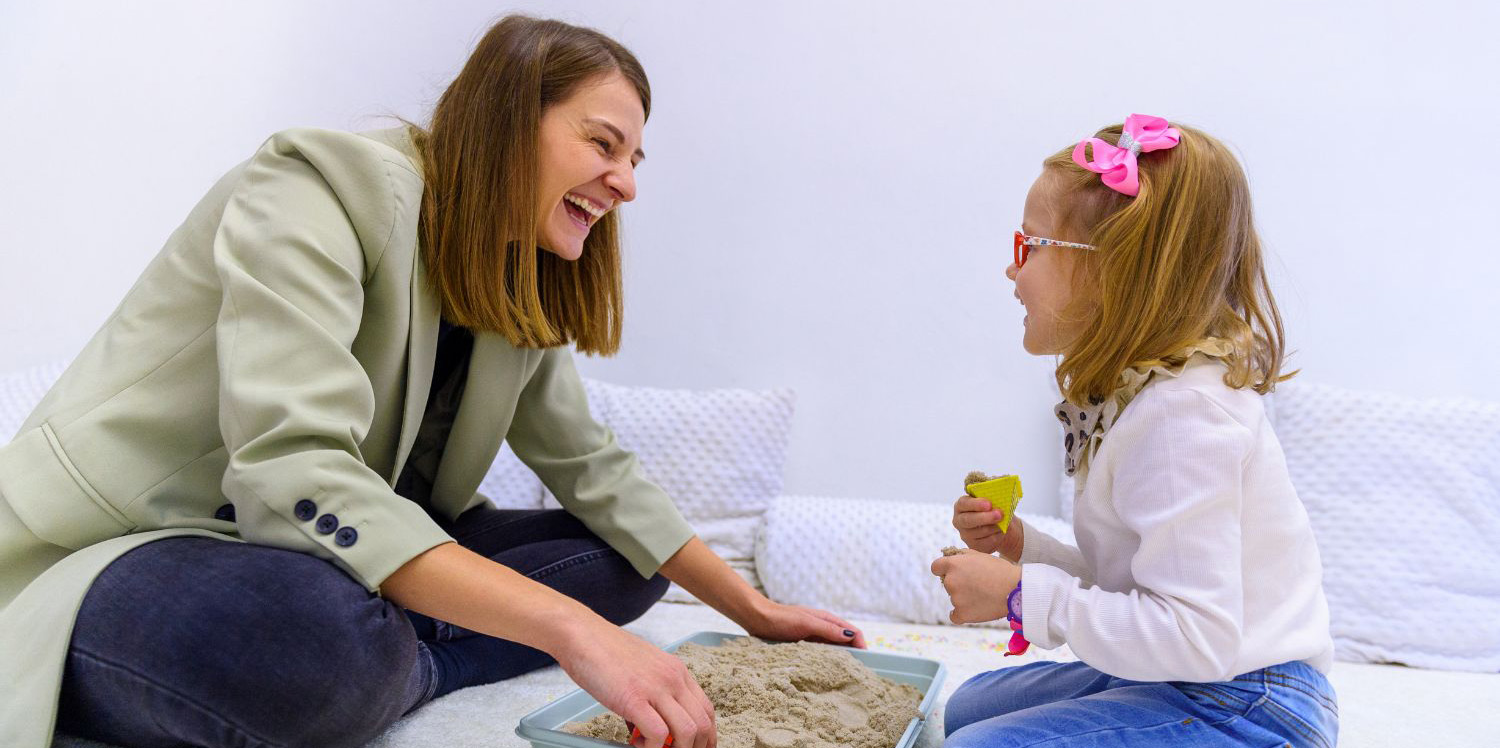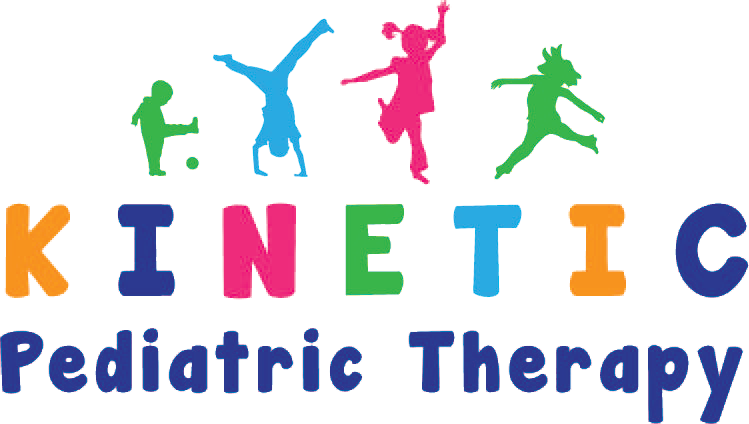
Self-Regulation Skills and Occupational Therapy
How Occupational Therapists Help Children Manage Their Emotions and Behaviors
Self-Regulation Skills and Occupational Therapy are crucial components in helping children develop the ability to manage their emotions and behaviors effectively. At Kinetic Pediatric Contract Therapy, we understand that many children face challenges with emotional regulation that can impact their learning, social interactions, and daily functioning. Our school-based occupational therapy services are designed to empower children with strategies and support tailored to their unique needs, fostering emotional balance and behavioral success.
Developing strong self-regulation skills is essential for children to navigate the complexities of school and life. Occupational therapists play a vital role in teaching these skills through targeted interventions that address the sensory, cognitive, and emotional aspects of regulation. In this blog post, we’ll explore how self-regulation skills and occupational therapy work together to improve children’s ability to manage emotions and behaviors, enhancing their overall well-being.
Understanding Self-Regulation Skills and Occupational Therapy
Self-Regulation Skills and Occupational Therapy are deeply interconnected. Self-regulation refers to a child’s ability to recognize and control their emotions, behaviors, and physiological responses to various situations. This includes managing impulses, maintaining attention, coping with frustration, and adapting to changes in environment or routine.
Occupational therapy supports the development of these skills by addressing underlying sensory processing challenges, emotional awareness, and executive functioning skills. Therapists use a holistic approach, combining sensory activities, behavioral strategies, and emotional support to help children gain control over their responses and actions.
How Occupational Therapy Supports Self-Regulation Skills
Occupational therapists utilize several strategies and techniques to build self-regulation skills and occupational therapy outcomes for children:
Sensory Integration Therapy
Many children with self-regulation difficulties experience sensory processing challenges, where their brain has trouble interpreting sensory information from their environment. Occupational therapy uses sensory integration techniques to help children better process and respond to sensory stimuli. This can include activities that provide calming input, such as deep pressure, swinging, or weighted blankets, which help regulate the nervous system and improve emotional control.
Emotional Awareness and Coping Strategies
Teaching children to recognize their emotions is a critical step in self-regulation. Occupational therapists incorporate activities that promote emotional literacy, helping kids identify feelings and understand triggers. Through play, storytelling, or visual aids, children learn to label emotions and practice coping mechanisms like deep breathing, counting, or using fidget tools.
Executive Functioning and Self-Control
Executive functions such as attention control, working memory, and cognitive flexibility are essential for managing behaviors. Occupational therapy interventions often include games and exercises that improve these skills, enabling children to plan, focus, and adapt to challenges. These skills directly contribute to better self-regulation in academic and social settings.
Developing Routines and Environmental Modifications
Creating structured routines and adapting the environment can significantly impact a child’s ability to self-regulate. Occupational therapists collaborate with teachers and parents to establish predictable schedules, visual supports, and calming spaces that reduce stress and support regulation throughout the day.
Benefits of Strengthening Self-Regulation Skills Through Occupational Therapy
Focusing on self-regulation skills and occupational therapy offers numerous benefits that extend beyond emotional control. Children gain:
- Improved attention and focus during classroom activities
- Enhanced social skills and peer interactions
- Reduced behavioral outbursts and frustration
- Greater independence in daily living tasks
- Increased confidence and self-esteem
These improvements help children thrive academically, socially, and emotionally, setting the foundation for lifelong success.
The Role of Parents and Educators in Supporting Self-Regulation
Effective self-regulation skills and occupational therapy require collaboration between therapists, parents, and educators. Parents and teachers can reinforce strategies learned during therapy by:
- Encouraging consistent routines and schedules at home and school
- Using visual aids and timers to support transitions and task completion
- Practicing calming techniques during moments of stress
- Providing positive reinforcement for self-regulated behavior
By working together with occupational therapists, families and schools create a supportive environment that promotes steady progress in emotional and behavioral regulation.
How to Access Occupational Therapy for Self-Regulation Skills
If your child struggles with managing emotions or behaviors, school-based occupational therapy can provide the specialized support they need. Kinetic Pediatric Contract Therapy offers personalized services designed to build self-regulation skills and occupational therapy strategies that fit each child’s unique profile.
👐 Help your students develop essential life skills with expert Occupational Therapy! Kinetic Pediatric Contract Therapy offers specialized Occupational Therapy services tailored to the unique needs of children in schools across North Carolina. Our therapists work closely with educators and families to support children in building the fine motor, sensory, and self-care skills they need to succeed in both the classroom and daily life. 🌟 Empower your students to thrive—bring our Occupational Therapy services to your school today and provide them with the tools for lasting success!
Please Share




